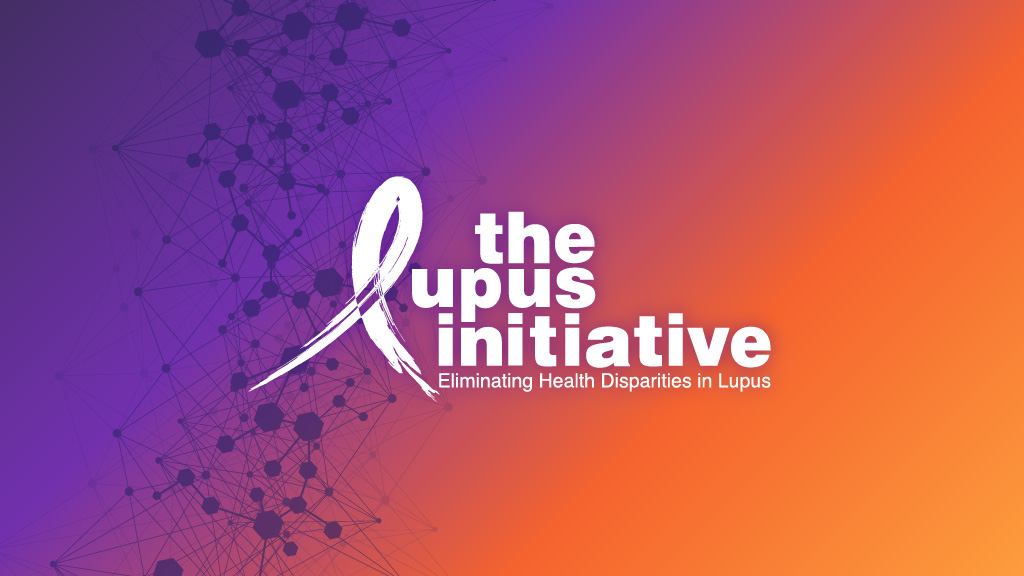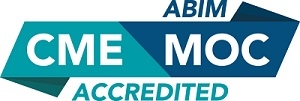
Lupus Virtual Provider Education Series: All Activities
Activity Overview
Frontline providers need targeted education on the initial presentation, manifestations, and demographics of lupus to identify, diagnose, and refer patients with suspected lupus more effectively. The seven activities in this series can increase your awareness, knowledge, and self-efficacy regarding the diagnosis, referral, treatment, and possible co-management of a lupus patient.
Lupus Virtual Provider Education Series
This activity is part of a series. See the other activities in the series below.
- Lupus Virtual Provider Education Series: All Activities
- Lupus Virtual Provider Education Series Activity 1: Lupus Introduction
- Lupus Virtual Provider Education Series Activity 2: Laboratory Testing in Lupus
- Lupus Virtual Provider Education Series Activity 3: Medications in Lupus
- Lupus Virtual Provider Education Series Activity 4: Lupus Flares
- Lupus Virtual Provider Education Series Activity 5: Lupus Nephritis
- Lupus Virtual Provider Education Series Activity 6: Pregnancy and Lupus
- Lupus Virtual Provider Education Series Activity 7: Health Maintenance and Preventive Care Considerations in Lupus
Registration is complimentary.
Target Audience
Primary care providers, physician assistants, advanced practice nurses.
Learning Objectives
Upon completion of this activity, participants should be able to:
Activity 1: Lupus Introduction
- Identify the demographics of lupus and highest-risk populations for lupus complications
- Identify classic and atypical presentations of SLE
- Discuss the differential diagnosis of patients presenting with symptoms that may suggest SLE
- Identify high-yield lupus-specific symptoms
Activity 2: Laboratory Testing in Lupus
- Recognize the autoimmune serologic associations of SLE
- Identify when to order lab tests to evaluate SLE
Activity 3: Medications in Lupus
- Identify the different categories of drugs used in managing lupus
- Recognize the different components of the EULAR 2023 Guidelines and its application in lupus management
- Determine the severity of lupus disease activity and how this influences treatment protocols
- Recognize the importance of hydroxychloroquine in the lupus management armamentarium
- Identify medications are used for different clinical manifestations of lupus, using different case study scenarios
- Identify that non-pharmacological interventions are important along with medications for lupus management
Activity 4: Lupus Flares
- Recognize symptoms and signs that may indicate a lupus flare
- Identify high acuity signs and symptoms that may warrant hospital admission
Activity 5: Lupus Nephritis
- Describe the epidemiology of lupus nephritis
- Recognize how to diagnose lupus nephritis
- Discuss the pathology in lupus nephritis
- Recognize when to refer to nephrology
- Describe treatment paradigms for lupus nephritis
Activity 6: Pregnancy and Lupus
- Identify important considerations for fertility and family planning in patients with lupus including medications and lupus activity
- Discuss the implication of antiphospholipid antibodies in pregnancy
- Discuss the role of SSA/SSB antibodies in pregnancy and neonatal lupus
Activity 7: Health Maintenance and Preventive Care Considerations in Lupus
- Identify the risk factors for premature coronary artery disease in lupus patients and risk modification strategies
- Recognize osteoporosis risk factors and various treatment considerations in women of childbearing age
- Identify appropriate immunization schedules for lupus patients and understand contraindications to immunization among patients on immunosuppressive medications
CE & MOC Information
CME
ACCME Accreditation Statement
The American College of Rheumatology is accredited by the Accreditation Council for Continuing Medical Education (ACCME) to provide continuing medical education for physicians.
See the ACR's CME Mission Statement. For more information, download the AMA PRA Booklet.
The American College of Rheumatology designates this Enduring Material for a maximum of 7.00 AMA PRA Category 1 Credit(s)™. Physicians should claim only the credit commensurate with the extent of their participation in the activity.
CME credit must be claimed by March 30, 2028, at 11:59 PM ET.
MOC
MOC Recognition Statement: American Board of Internal Medicine (ABIM)
Successful completion of this CME activity, which includes participation in the evaluation component, enables the participant to earn up to 7.00 MOC points in the American Board of Internal Medicine's (ABIM) Maintenance of Certification (MOC) program. It is the CME activity provider's responsibility to submit participant completion information to ACCME for the purpose of granting ABIM MOC credit.
By completing this activity, you provide the ACR permission to share completion data with the ACCME and the certifying board.
After submitting a reflective statement with key takeaways from the activity, MOC points will be applied for ABIM diplomates to the ABIM diplomate number and date of birth provided when you registered. Points are sent nightly to ACCME and then transferred to the ABIM Physician Portal. Please allow at least 48 hours for points to display in the portal.
MOC points must be claimed by March 30, 2028, at 11:59 PM ET.

Financial Relationship Disclosures
ACR Disclosure Statement
It is the policy of the American College of Rheumatology (ACR) to ensure that Continuing Medical Education (CME) activities are independent and free of commercial bias. To ensure educational content is objective, balanced, and guarantee content presented is in the best interest of its learners and the public, the ACR requires that everyone in a position to control educational content disclose all financial relationships with ineligible companies within the prior 24 months. An ineligible company is one whose primary business is producing, marketing, selling, re-selling or distributing healthcare products used by or on patients. Examples can be found at accme.org.
In accordance with the ACCME Standards for Integrity and Independence in Accredited Continuing Education, ACR has implemented mechanisms prior to the planning and implementation of this CME activity to identify and mitigate all relevant financial relationships for all individuals in a position to control the content of this CME activity.
Nature of Financial Relationships
All individuals that participate in an ACR-sponsored activity and are able to change content or influence the content of the activity must disclose to the planning committee and audience all financial or other relationships with ineligible companies including, but not limited to:
- Advisor or review panel member
- Consultant
- Employee
- Officer or Board Member
- Grant/research support
- Speaker/honoraria includes speaker’s bureau, symposia, and expert witness
- Independent contractor
- Executive role and/or ownership interest
- Royalties and/or patent beneficiary
- Intellectual property/patents
- Stock options or bond holdings in a for-profit corporation or self-directed pension plan
- Private investigator
- Expert witness
- Equity interest
- Other: specify details
None: Has no relevant financial relationship(s) with ineligible companies to disclose.
All participants that created and/or were able to influence the content and delivery of this activity reported the following disclosures. All of the relevant financial relationships listed have been mitigated.
Tanmayee Bichile, MD (Planner) – GSK1
Parastoo Fazeli, MD (Planner) – Amgen6, AstraZeneca1, Janssen1, Novartis1
Nilasha Ghosh, MD, MS, RhMSUS (Planner) – GoodRx2, Musculo2
Schartess Culpepper Pace, MD (Planner) – None
Nina Ramessar, MBBS (Planner) – GSK6, AstraZeneca6, AbbVie2
Supraja Yeturi, MBBS (Planner) – None
Kimberly DeQuattro, MD, MM (Reviewer) – None
Elizabeth Frame, MD (Reviewer) – None
Lauren Smith, MD (Reviewer) – BMS Foundation5
Acknowledgement of Commercial Support
This activity is supported by the Centers for Disease Control and Prevention (CDC) of the U.S. Department of Health and Human Services (HHS) as part of a financial assistance award of $7 million with 100 percent funded by CDC/HHS. The activity content was provided by the author(s) and does not necessarily represent the official views of, nor an endorsement by, the CDC/HHS or U.S. Government.
Educational Policies
See ACR educational activity policies, including the online enduring activity refund policy.